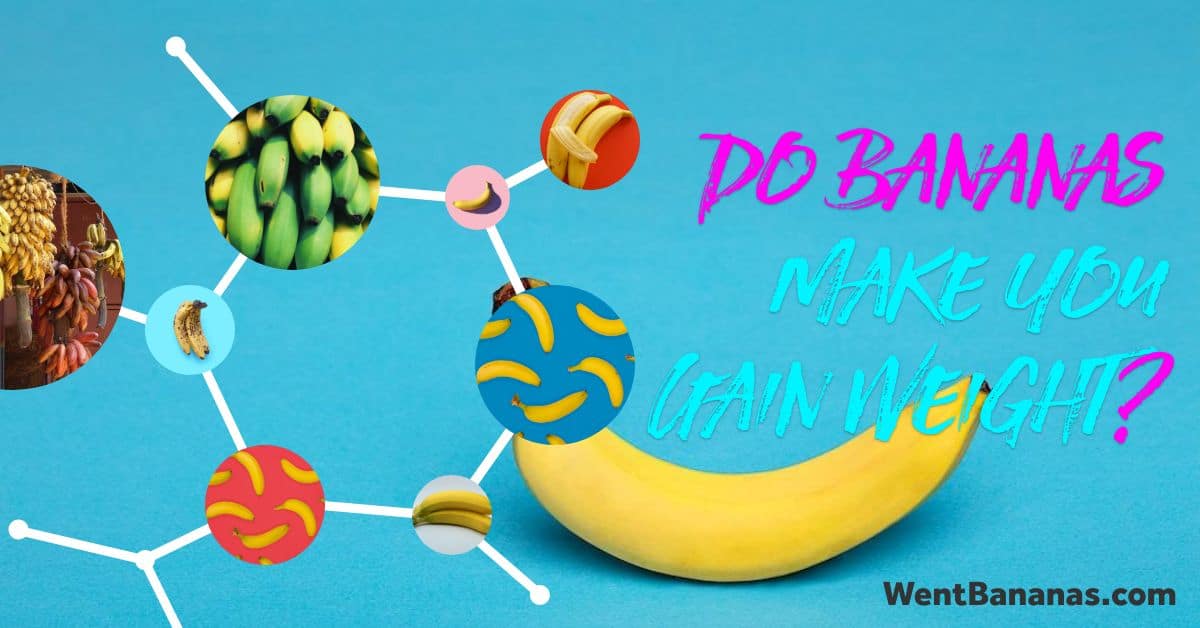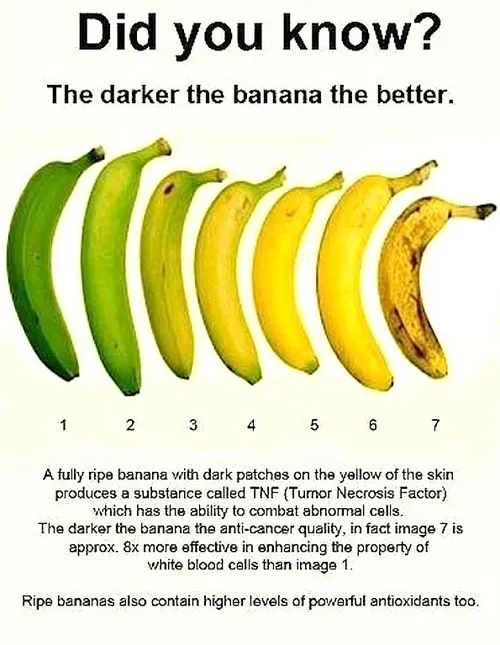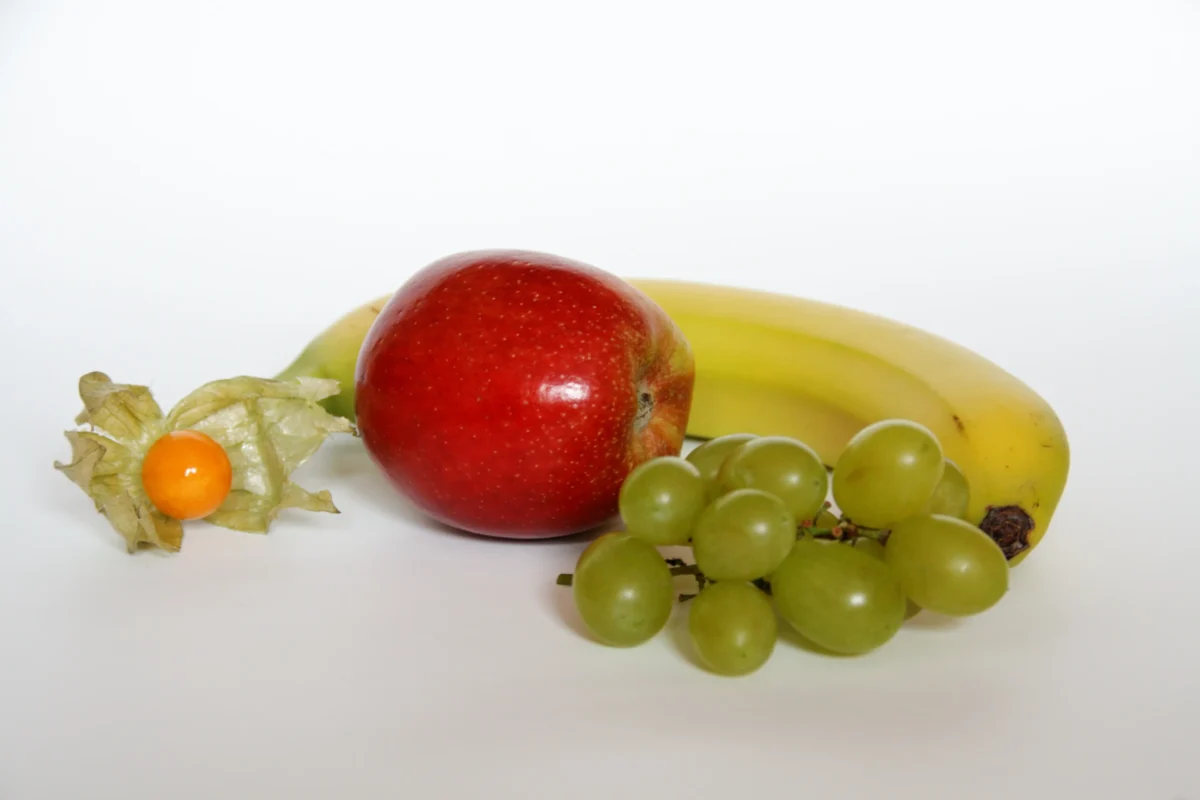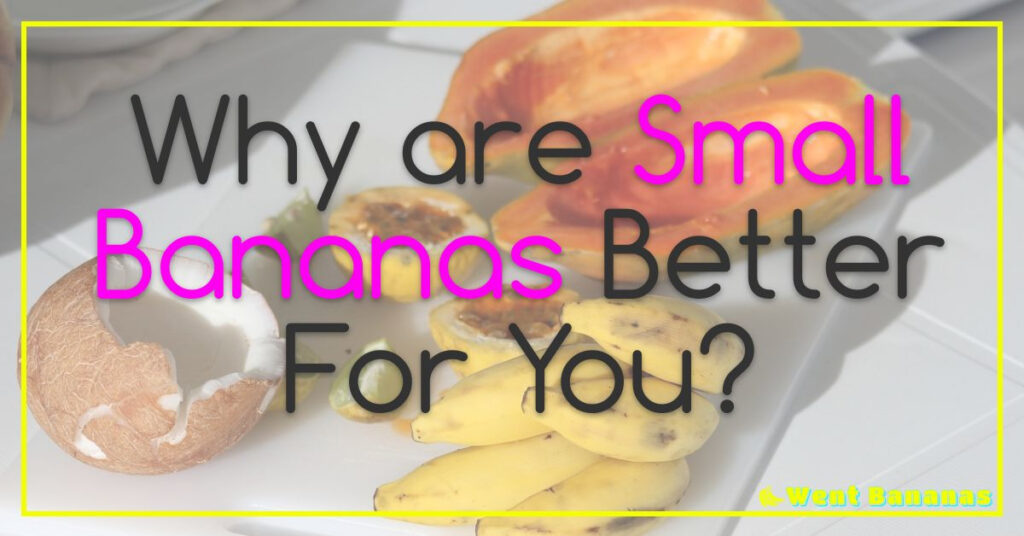Over the years, there has been much debate over whether or not eating bananas can lead to weight gain. It’s a tricky question to answer, as there are many factors at play. In this blog post, we will save you the trouble of finding out the answer and explore the nutritional makeup of bananas and some of the effects of eating them on weight gain. We will also discuss the arguments for and against eating bananas for weight gain and other factors that can lead to weight gain when eating them. Finally, we will discuss some ways to eat bananas healthily and safely to avoid unwanted weight gain. So if you’re interested in the truth about bananas and weight gain, then keep on reading to learn more.
What Is the Nutritional Makeup of Bananas?
Bananas are highly nutritious fruit which is packed with essential nutrients and vitamins. A single medium-sized banana contains approximately 105 calories, 3 grams of dietary fiber, 1 gram of protein, 0.3 grams of fat, and 21 percent of the recommended daily intake for Vitamin B6 as well as other important minerals such as magnesium, potassium, and manganese. Bananas are naturally high in carbohydrates yet low in saturated fats making them an excellent source for quick energy production throughout your day.
Bananas contain several antioxidants that can help reduce inflammation levels within the body while also providing protection from free radical damage caused by environmental toxins or stressors on our bodies such as UV radiation from sunlight exposure or long-term alcohol consumption. The presence of these antioxidants makes bananas a great snack food to improve overall health by reducing oxidative stress on cells within our bodies over time which helps prevent disease formation or progression in chronic conditions like diabetes or heart disease risk factors like hypertension (high blood pressure). Additionally bananas contain prebiotics which act to promote healthy bacteria growth within the digestive system thereby improving digestion efficiency over time leading towards improved nutrient absorption rates into your bloodstream and promoting better nutrition intakes overall!
What Are the Effects of Eating Bananas on Weight Gain?

Eating bananas can help support weight gain in a healthy way. They provide essential nutrients and minerals that are beneficial for maintaining a healthy diet, as well as supplying calories to add extra energy throughout the day.
Bananas contain carbs and fiber which help build muscle mass when paired with regular exercise. The potassium found in bananas is important for regulating electrolyte balance, and helping to improve energy levels while exercising or going about daily activities. Bananas also offer vitamins B6 & C which help promote the production of hemoglobin needed for carrying oxygen within the body’s tissues – aiding further performance during physical activity and reducing fatigue afterward!
Finally, eating bananas can be satisfying without being overly filling; allowing you to control how much food intake you have without feeling overstuffed or sluggish after consuming them.
The Arguments for and Against Eating Bananas for Weight Gain.
Bananas are often thought of as a convenient and healthy snack for weight gain. However, there is some debate about whether eating bananas can actually help with weight gain. On one hand, bananas provide an excellent source of energy and fiber which may promote overall health benefits. Additionally, their carbohydrate content makes them an ideal pre-workout food to increase energy levels during exercise sessions.
On the other hand, bananas contain modest amounts of fat along with natural sugars which could contribute to excess calorie intake if consumed in large quantities over time. Moreover, they have a low protein content making them unsuitable as sole sources for muscle growth or development diets due to the lack of amino acids that boost metabolism and reduce hunger cravings throughout the day when mixed with other proteins like fish or eggs.. Finally, it’s important to note that while everyone’s body responds differently depending on dieting habits and lifestyle choices such as working out regularly; nonetheless banana consumption has been linked by several studies in both children and adults, to increased rates of obesity leading us to suggest moderation whenever possible even when trying to achieve certain goals through nutrition alone.
Other Factors That Can Lead to Weight Gain When Eating Bananas Such as Portion Sizes and Diet Quality
Eating too many bananas can lead to weight gain. While the fruit is packed with healthy nutrients, it’s important to remember portion sizes and diet quality when consuming them. Eating one or two medium-sized bananas per day as part of a balanced diet should not typically result in significant weight gain.
However, if you eat more than this recommended serving size on a regular basis and do not exercise regularly or follow an overall healthy eating plan then you could put on extra pounds over time due to the banana’s natural sugar content. Furthermore, if your other dietary choices are unhealthy – such as high-fat snacks and processed foods – then this could add additional calories that may contribute to further weight gain even from eating fewer portions of bananas a day than suggested above.
Therefore it is essential for those looking to maintain their current body weight (or lose some) whilst still incorporating bananas into their diets that they do so carefully by paying attention to both portion size and also making sure their overall nutritional intake is well balanced from fresh wholefoods sources
Ways to Eat Bananas Healthily and Safely to Avoid Unwanted Weight Gain
Bananas are an excellent source of nutrition, providing essential vitamins and minerals. They also contain fiber, which can help maintain a healthy weight. Eating bananas healthily and safely is key to avoiding unwanted weight gain while still reaping the nutritional benefits of this tasty fruit.
The first step in eating bananas healthily is to choose ripe fruit that has no bruises or dark spots. The riper the banana is, the sweeter it will be—which makes it easier to eat as part of a balanced diet without added sugar or fats that could lead to weight gain over time. Additionally, adding other foods such as nuts or dairy products when incorporating bananas into your meals can provide extra nutrients and increase satiety levels so you don’t end up overeating them later on in the day due to cravings induced by not having enough energy-dense foods during earlier parts of your meal plan such as breakfast time for example. It may also be prudent for those who have diabetes mellitus type 2 (DM2) to consult with a registered dietician prior to engaging in any dietary changes involving increased consumption if they suspect they are at risk for developing DM2-related complications due to potential fluctuations in blood glucose levels associated with consuming high carbohydrate-containing food groups, particularly fruits like Bananas.

Lastly always make sure you wash properly before consuming any kind of food, especially when buying ready pre-cut fruits available from outlets where hygiene standards are not the best.
Our Final Thoughts
After thoughtful consideration of the nutritional makeup, effects on weight gain, arguments for and against eating bananas for weight gain, as well as other factors such as portion sizes and diet quality regarding banana consumption; our conclusion is that if eaten in moderation within a balanced diet comprising of healthy foods, bananas can be part of your journey towards healthier living. For more information about the relationship between bananas and weight loss/gain join our newsletter.








